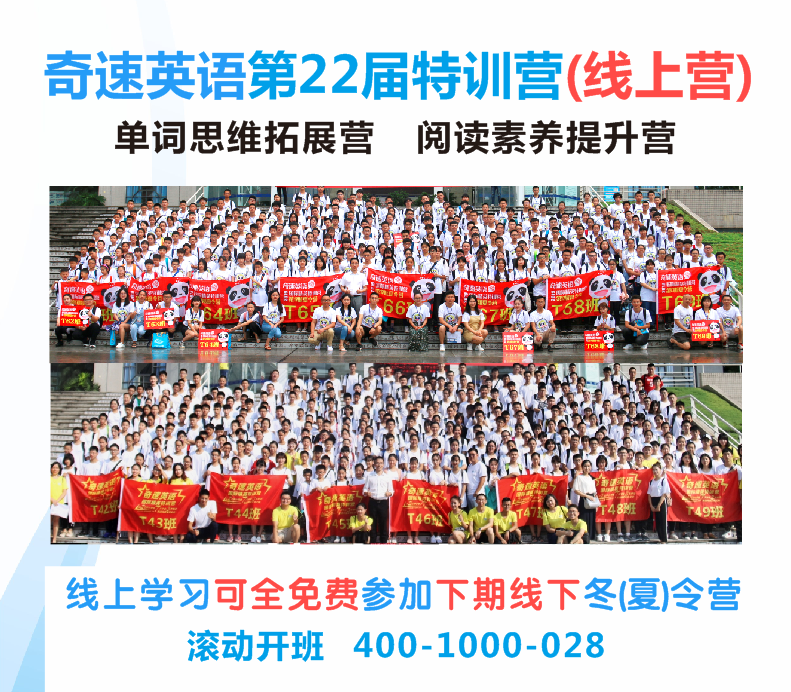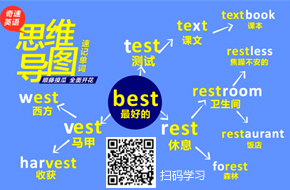A new rubbish sorting system has been put into use in Zixinhuating Community in Hangzhou. Local people not only sort their rubbish, but also put QR codes(二维码) on it.
In Hangzhou, every family is provided with three rubbish bins—the grey lid bin for “recycling” like steel and glass, and the green lid bin for “green waste” such as grass and leaves and the red lid bin for harmful waste, like batteries. On the streets, the bins are printed with pictures of the things that are allowed inside. It makes recycling quite easy.
“When the QR codes are seen, the bin will open by itself and I just throw the rubbish in it. Then I will get reward points to exchange for small gifts and even some money,” one of the local people told reporters. “It’s really creative and encouraging.”
This smart system has also been carried out in 350 communities in Beijing. The capital of China has joined a list of cities in the country that take action to support rubbish sorting. For example, Shenzhen and Shanghai have made laws to punish people and organizations for not sorting rubbish correctly.
China produces quite a lot of rubbish every year. Much of the rubbish is buried in soil or burned without being sorted. Landfills take up a lot of land and have a risk of polluting the soil and water nearby. And burning rubbish can produce harmful gases. Through rubbish sorting, we can reduce the use of landfills and air pollution.
What’s more, rubbish sorting saves resources, which could bring economic benefits. For example, a ton of waste paper can be reused to make about 850 kg of paper, saving 17 trees and 50 percent of water. Because of their benefits, some countries have developed successful sorting systems.
1. In Hangzhou, which bin should you put leftovers in?
A The grey lid bin.
B The red lid bin.
C The green lid bin.
D All of the above.
2. What will local people probably get if they put daily rubbish into the new system in Zixinhuating Community?
A A computer.
B A car.
C A bin.
D Some small gifts.
3. Which of the following is NOT the consequence of burying rubbish?
A Polluting soil.
B Polluting water.
C Taking up a lot of land.
D Saving resources.
4. What does the passage mainly talk about?
A The history of a new rubbish sorting system.
B An introduction of a new rubbish sorting system.
C Economic benefits of a new rubbish sorting system.
D Rubbish bins in China.
5. In which part of a newspaper can you probably read the passage?
A Health.
B Culture.
C Education.
D Technology.
本文阅读题及答案可以参加奇速英语时文阅读训练
奇速英语正在进行时文阅读导读素养训练公益直播。如有需求,不限年龄,也可以参加365天阅读素养训练营学习(每天一篇最新英语时文阅读训练+30分钟社群阅读点拨和口语训练直播,听说读写全面提升)。
私信老师参加,如需要各年级奇速英语时文阅读月刊(网络版每日更新+打印版每月出刊)咨询老师,打印领取步骤:
需要咨询老师,打印领取步骤:


【温馨提醒】奇速英语线上营,线上学习可全免费参加下期线下冬夏令营,也可以咨询老师18818013973(微信同号)













